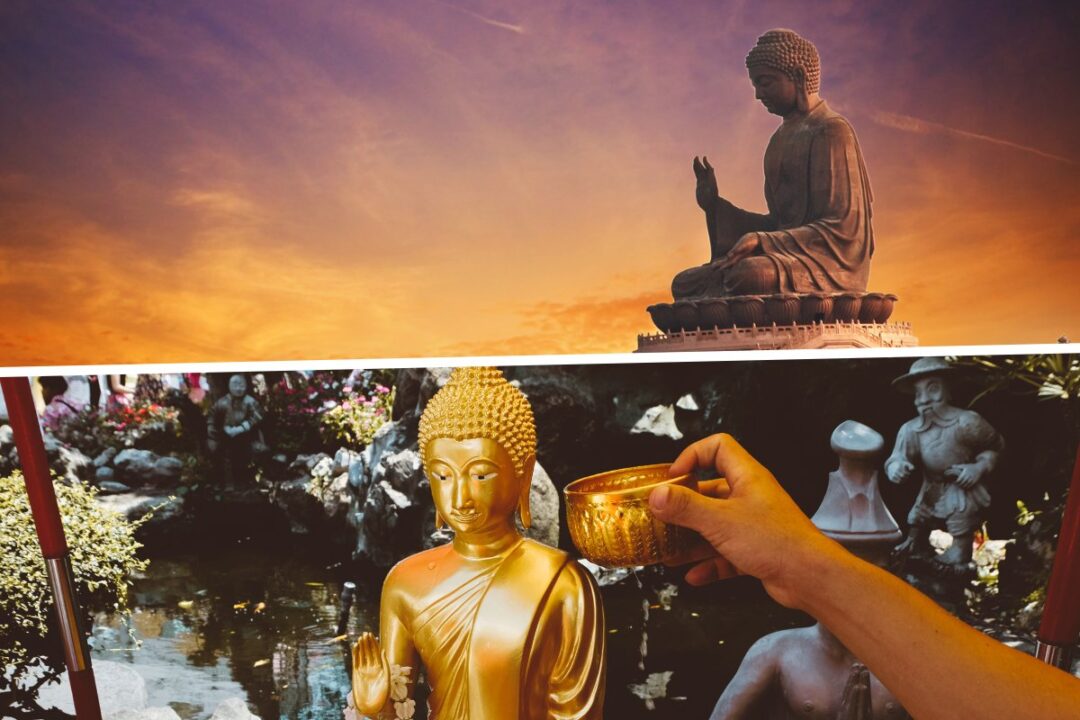The Big Buddha situated on Lantau Island is perhaps one of Hong Kong’s most iconic attractions dedicated to a humble being filled with gratitude who was born privileged: Buddha. Being widely respected, Buddha’s Birthday (佛誕 — fat daan in Cantonese and 佛诞 — fo dan in Mandarin) on May 15, 2024 is a time-honoured celebration across Asia in remembrance of his life. Read on to understand why Buddha remains so significant a figure in Asian cultural values to this day.
What is Buddha’s Birthday celebration?
Celebrated on May 15, 2024 in Hong Kong and other Asian countries, Buddha’s Birthday celebrates the birthday of Prince Siddhartha Gautama, the founder of Buddhism in the fifth century BCE. His birthday was contested by different groups of followers, but it’s now recognised to fall on the eighth day of the fourth month of the lunar calendar.
Legend says that he was born as the son of the monarch of present-day Nepal, who brought great blessings to India and then beyond. Growing up, he saw how the destitute lived, which shed light on the suffering in life. He soon realised money and fame can’t provide happiness. Thus, he renounced his fortune and royal title to live humbly with the bare minimum. It was through a quiet period of meditation that he reached enlightenment, hence his name Buddha meaning ‘Enlightened One’.
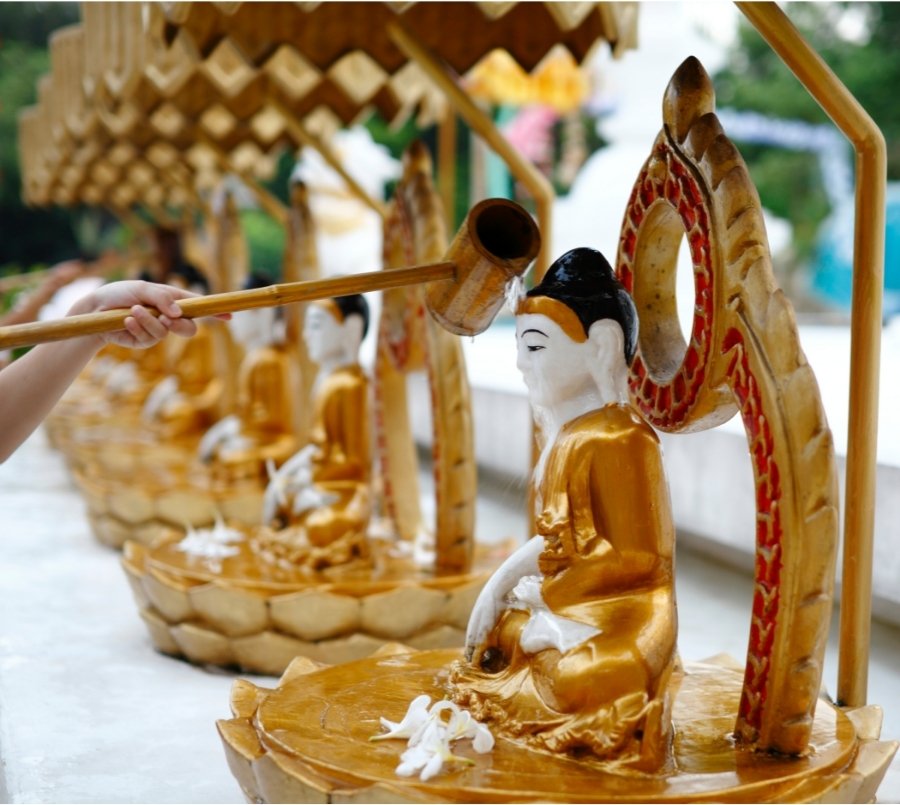
During his time spent travelling alone and living life as a beggar, he sat perched under the Bodhi tree, or tree of awakening, deep in meditation where he reflected on his life experiences and reached “nirvana,” or awakening. This meditative state propelled him forward in life as a guide to help others reach spiritual awakening.
Buddha’s Birthday is sometimes referred to as the Bathing of Buddha Festival because the main ritual on his birthday is for people to pour water over a statue of Buddha, symbolising the purification of one’s soul.
Why do people in Hong Kong observe Buddha’s birthday?
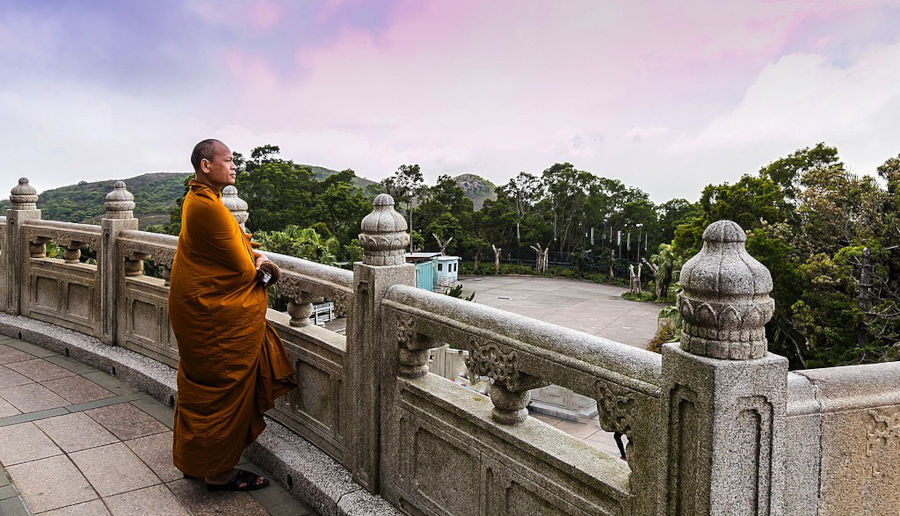
Hong Kong is made up of approximately 21% devout Buddhist followers. Buddhism sprouted in Hong Kong as more schools, organisations, and elderly homes operated under the Hong Kong Buddhist Association, which has roughly 10,000 members. Though devout Buddhists celebrated Gautama Buddha’s birthday for many years, it only became a holiday in 1998, a year after the British ceded control of Hong Kong to China. It falls on the same day as Tam Kung’s Birthday (the young sea god) and Cheung Chau Bun Festival, but is not related to them.
How to celebrate Buddha’s Birthday?
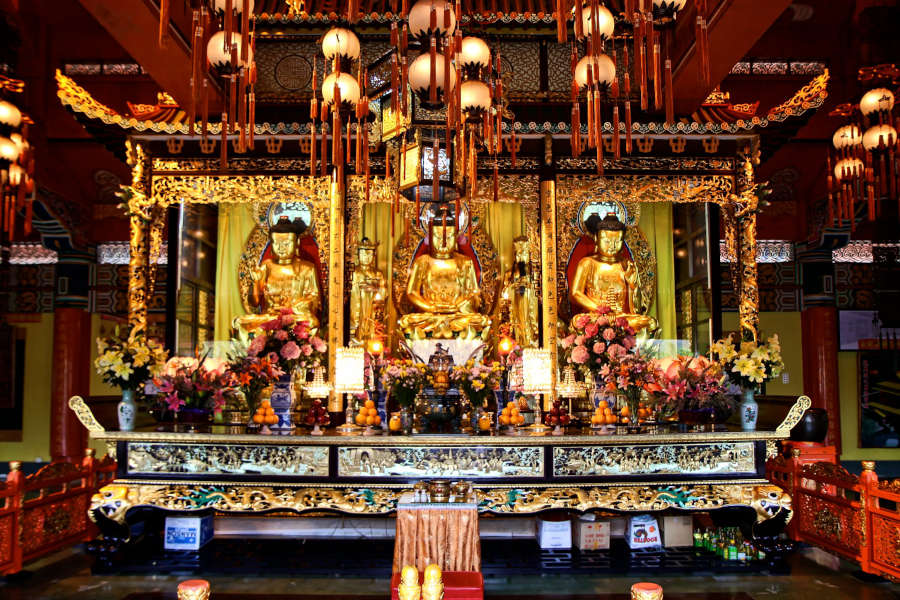
Hong Kong hosts celebrations across town, particularly at Buddhist monasteries, to honour Buddha on his special day. Lighting of lanterns to symbolise enlightenment, making offerings, group chanting and meditating, as well as bathing a statue of Buddha with water, are notable acts that occur to pay Buddha with respect. One might spot monks holding cultural performances, too. A vegetarian diet is followed on this day to uphold one of Buddha’s teachings that the flesh of consciously living beings shouldn’t be consumed.
Famous Buddhist monasteries in Hong Kong

Po Lin Monastery on Lantau Island is perhaps the most recognised place to visit the grand Tian Tan Buddha statue after climbing 268 steps. Buddha’s sat in the purest form, representing the wisdom he spreads to people. It’s a tourist hub, but it’s still a sacred place. Ten Thousand Buddhas Monastery in Shatin has thousands of Buddha statues, 13,000 statues despite its name, lined up along a paved path ascending roughly 430 steps and also found in five temples, four pavilions and one nine-story pagoda.
Tsz Shan Monastery in Tai Po is a tranquil place known for its whopping 76m-tall statue of Guan Yin, the Goddess of Mercy. It’s home to a Buddhist art museum, but it’s also a place to educate and practice Buddhism.
Chi Lin Nunnery in Diamond Hill is a lovely little sanctuary that brings peace and serenity to visitors. It was built as a retreat for Buddhist nuns where one will see Tang Dynasty influences, a beautiful courtyard, and lotus ponds.
Celebrations of Buddha’s Birthday throughout Asia
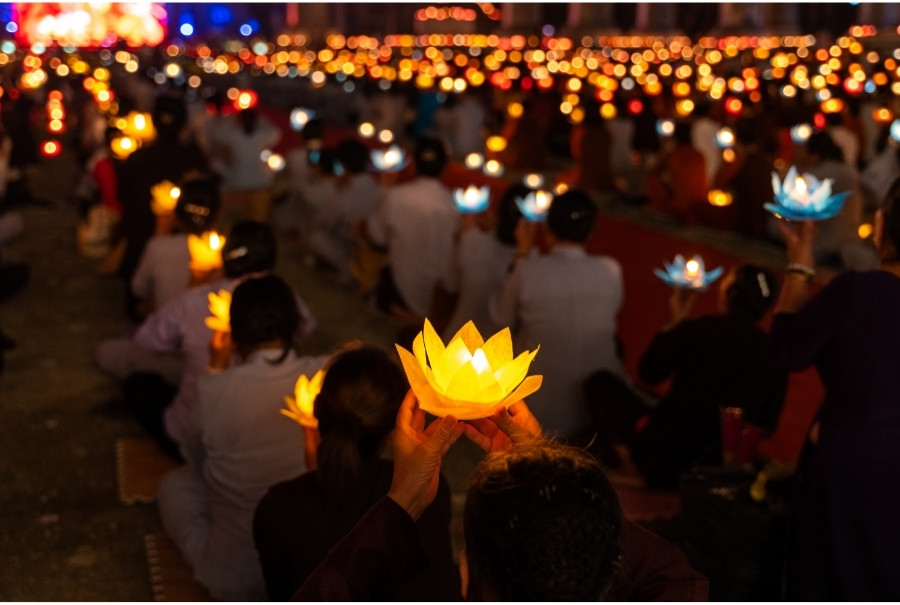
Countries in Southeast and East Asia celebrate Buddha’s Birthday in slightly different ways given the various branches of Buddhism.
Vesak Day, another name for Buddha’s Birthday, is observed by Buddhists throughout South Asia and Southeast Asia, including mainland China, Mongolia, Vietnam, Taiwan, South Korea, and Tibet. Adding to the list of aforementioned celebrations in Hong Kong, people in these places gather to light lanterns at home or temples and wear simple white clothes.
In South Korea, Buddhists would hold parades with lanterns of a magnificent dragon on display. Lanterns would also fill homes and temples with wishes sometimes written on them.
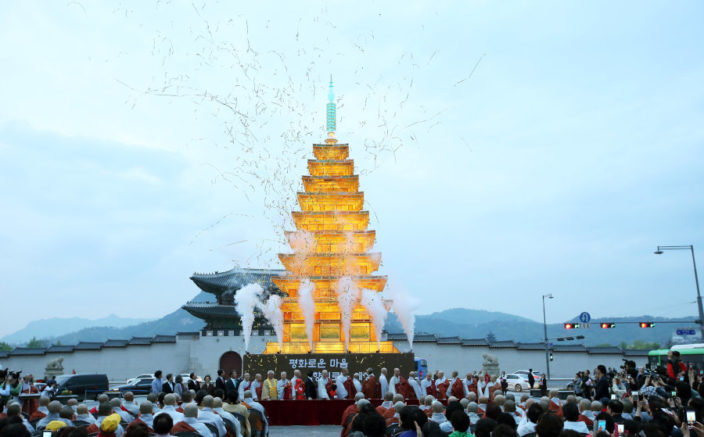
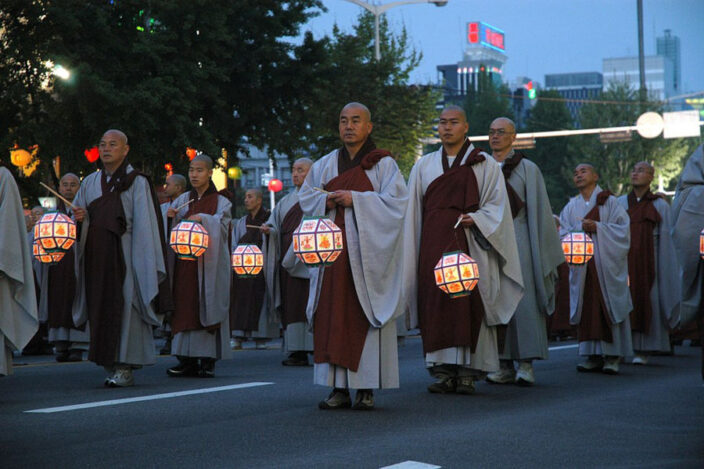
In India, closest to Buddha’s birthplace, Buddhists light candles, offer prayers, and express their gratitude at temples. In Taiwan, thousands of people would gather at the temples to watch a monk decorate Buddha’s shrine with flowers, as well as chant prayers.
Other traditional Chinese festivals: Lunar New Year — Lunar New Year Fair — Birthday of Che Kung — Chinese Lantern Festival — Kwun Yum Treasury Opening Festival — Ching Ming Festival — Tin Hau Festival — Cheung Chau Bun Festival — Buddha’s Birthday — Birthday of Tam Kung — Dragon Boat Festival — Birthday of Kwan Tai — Qixi Festival — Hung Shing Festival — Hungry Ghost Festival — Mid-Autumn Festival — Monkey King Festival — Birthday of Confucius — Chung Yeung Festival — Winter Solstice Festival.
Header image credits: Nejron/Piu99 via Canva


